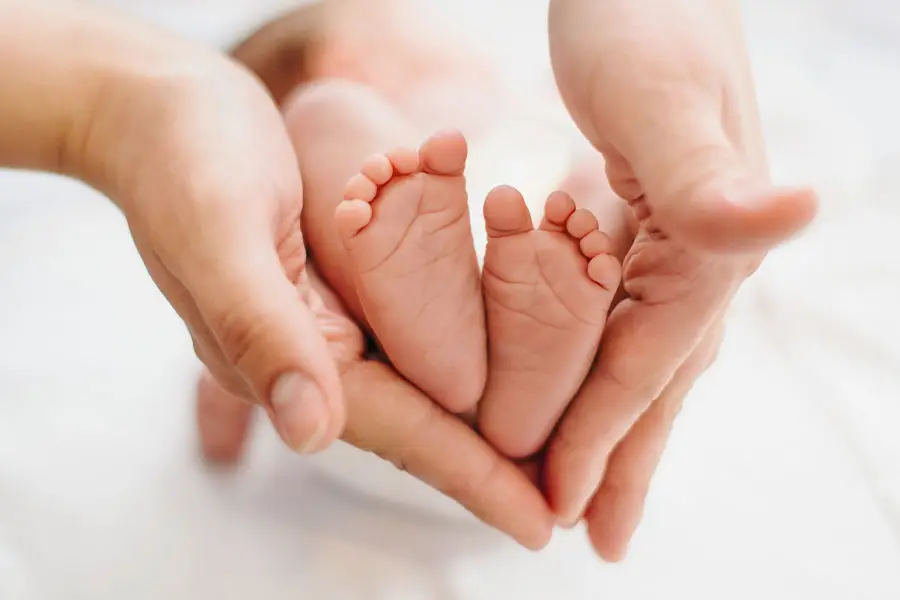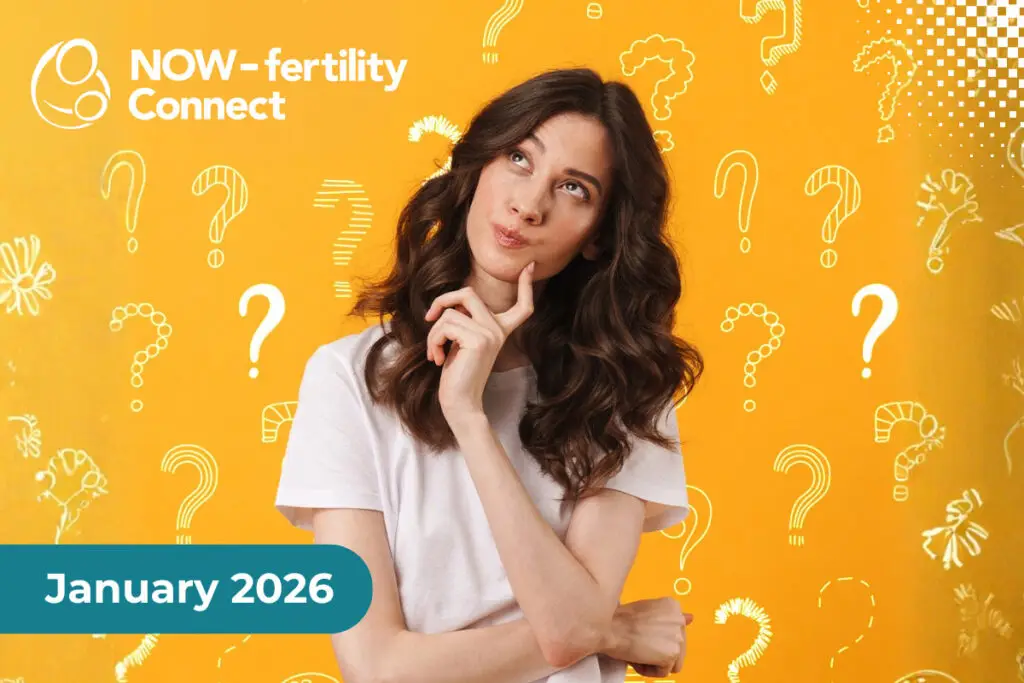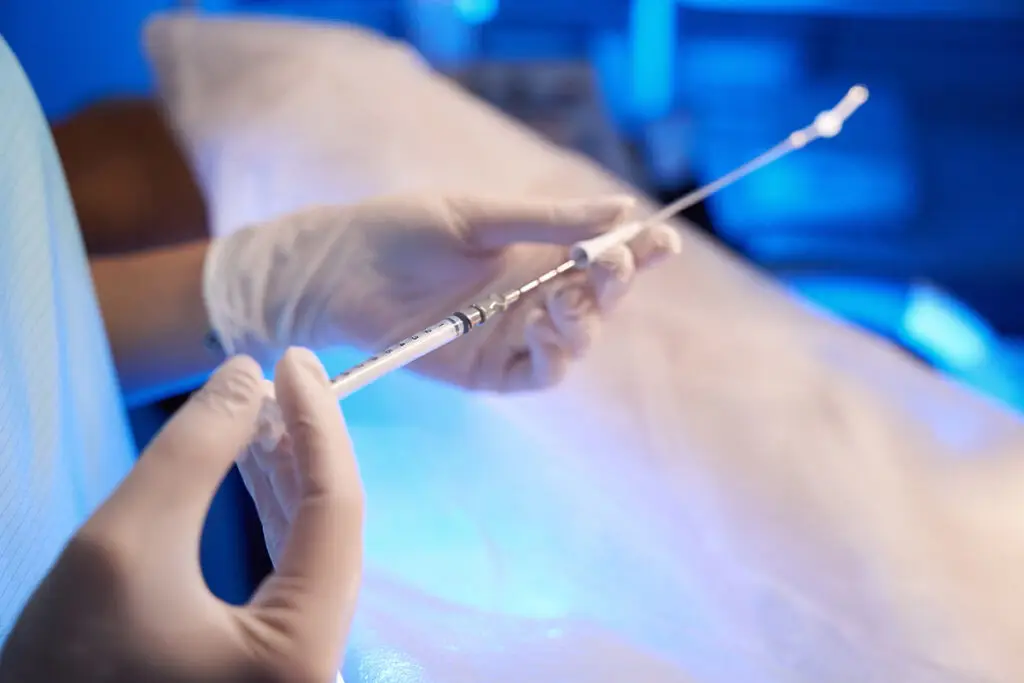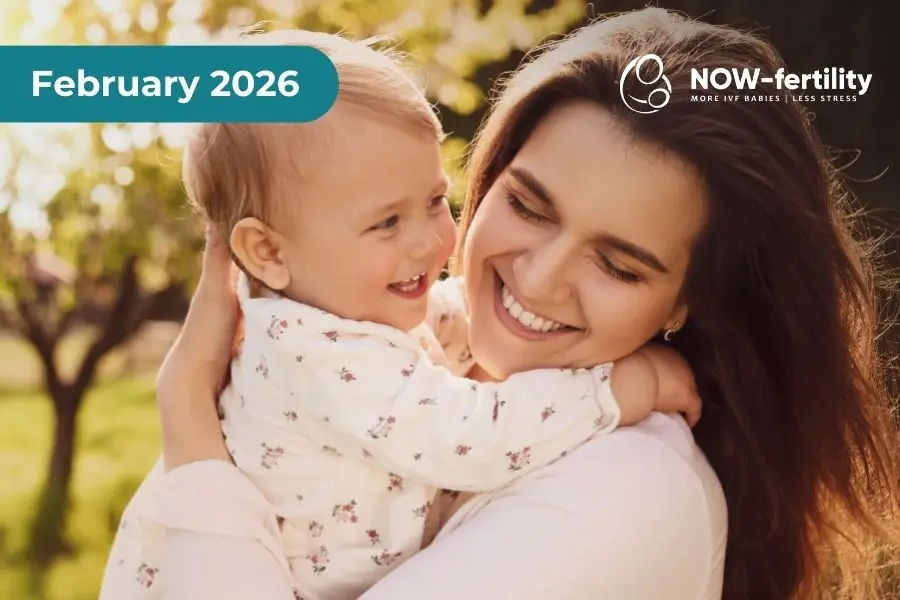Egg donation is usually when a woman, not undergoing fertility treatment, herself goes through part of the IVF process so her eggs can be collected and donated to another woman unable to conceive naturally with their own eggs.
Egg donation is seen either as a legally binding agreement between the egg donor and the recipient, or as a contract of informed consent between the egg donor and the clinic or egg bank. The agreement also specifies the obligations and rights of each party. Although the agreement is specific to each case, it’ll include information about follow-up contact, travel costs, compensation, privacy considerations, preferred anonymity, withdraw of consent.
There are a variety of reasons why a woman might choose, or need, donated eggs. For instance, if she has a genetic (inherited) disease, has been through cancer treatment, has very low ovarian reserve, has already gone through menopause, or has had repeated failed IVF cycles with her own eggs
While the number of women undergoing assisted conception with donor eggs is still lower than those using own eggs, according to the Human Fertilisation & Embryology Authority in the UK, over the past 30 years it has increased significantly.
To donate your eggs to someone else, you’ll generally be between the age of 18 and 35. Of course, some clinics may allow older women to donate, it’s likely to be only under specific circumstances, such as if you are donating to your own family or a friend.
If you choose to donate your eggs, the whole process generally takes approximately one to two months. Before you begin, you’ll be asked to have some screening and health tests to ensure you won’t pass any disease onto any children conceived from your eggs, or even the mother. You’ll also be offered support and implications counselling, and be given the opportunity to address all the facts you need to know to go ahead with such an important decision.
It’s worth remembering that you will have no legal rights or responsibilities for any baby born as a result of donating your eggs. Furthermore, since egg donation isn’t always anonymous (in the UK for instance), once any child resulting from your donated eggs turns 18, they will have the right to know who you are. This means you’ll need to think about what, if any, relationship you would like with them if and when the time comes. In other countries like Spain, Greece and Cyprus, egg donation treatment is instead anonymous and the donor is not traceable.
Egg donation for most women is a safe process but we always warn women that they may experience reaction to the fertility drugs they have to take before their eggs are harvested. These sometimes include hot flushes, headaches and feeling bloated. There is also a very rare chance of more serious complications that your clinic will talk you through before you decide to go ahead.
You may decide to allow your eggs to be stored too. The storage period varies from country to country, and you can withdraw the consent to storage at any time. Whichever country you donate your eggs in, your clinic will talk you through your options and the law.
If you are about to undergo egg harvesting as part of your own fertility treatment, you might want to consider sharing your eggs. Your fertility clinic should never put you under pressure to donate eggs, but if it’s something you’d like to do, eggs for both your treatment and any recipient of shared eggs will be collected in a single cycle. Your clinic will of course discuss this with you thoroughly and give you plenty of time to think it through before making a well-informed decision.
Nowadays, an increasing number of patients, who object to the constraints set by a country’s regulations, seek treatment at fertility clinics overseas in order to fulfill their desire to become parents in the way they wish. In this instance it is particularly important that patients receive clinical and emotional support throughout their journey.
Read more about what’s involved in egg donation here. If you’d like to speak with one of our expert fertility consultants, you can do so here.
Book a consultation with NOW-fertility
If you would like to speak with a NOW-fertility expert about egg donation, then please click below to get started.




